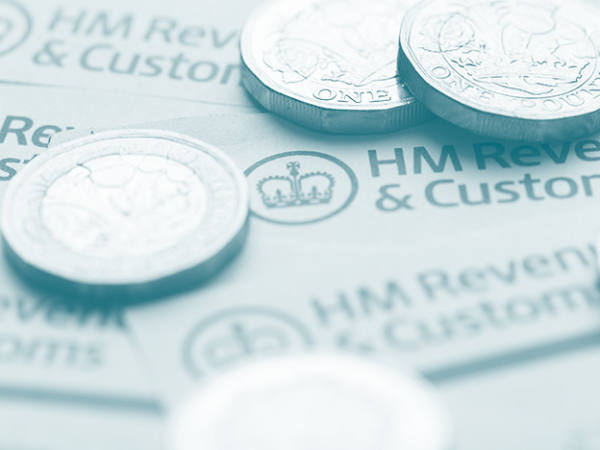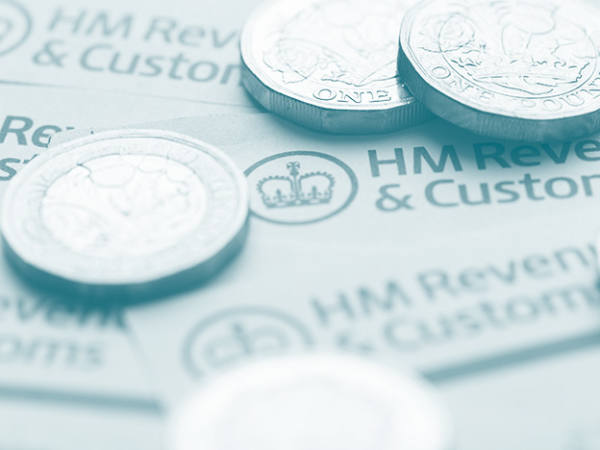What is the capital gains tax (CGT) treatment of shares that have been removed from an individual savings account (Isa) due to a delisting, which are then sold? What is the deemed cost?
I hold Allied Minds and another company whose shares delisted last year. These were removed from my Isa when the companies delisted and I now hold them in certificated form. My holdings' value was at a loss when they were in my Isa. So is the cost for CGT purposes the cost when I bought the shares within the Isa, or is it the deemed value when the shares were removed from the Isa? JL
Craig Harman, partner at Perrys Chartered Accountants, says:
The income received from investments held within a stocks and shares Isa such as dividends is free from UK income tax. And investors are not subject to CGT on any gains made from the sale of such investments within Isas.
Although it is possible to invest in a wide range of investments within an Isa, this is subject to certain restrictions. Shares, for example, must be officially listed on a recognised stock exchange, or admitted to trading on a recognised stock exchange in the UK or European Economic Area. If such shares are delisted from a stock exchange they can no longer be held within an Isa and must be transferred to the investor, as has happened in your case.
Under the Isa regulations, when the title to an account investment is transferred from the account manager to the investor, there is a deemed disposal of the shares and a subsequent reacquisition. For CGT purposes, this effectively means that the investor is treated as if they acquired the shares based on the market value at the date of the transfer. This value will form the base cost for any future sale.
If the shares increase in value following the transfer, it will give rise to a gain which is subject to CGT. Equally, if the shares fall in value before a sale this will result in a loss which may be offset against other gains now or in the future.
In your case, the shares were sitting at a loss in your Isa prior to the delisting. As a result, the base cost for any future sale will be the market value at the date of the transfer, which is lower than the original purchase price.
This could give rise to a scenario whereby the shares are sold for less than the original purchase price and therefore at a loss in real monetary terms, but CGT could still be due if the sale price is greater than the market value at the date of the transfer.
However, the majority of UK resident taxpayers benefit from a CGT annual exempt amount. Total gains up to the value of annual exemption within a tax year are not subject to CGT. The annual exempt amount has been reduced from £12,300 for the tax year ended 5 April 2023 to £6,000 for the tax year ending next April. And the annual CGT allowance is set to be reduced further, to £3,000, in the 2024/25 tax year.
If the total gains after relief for losses exceed the annual exemption within a tax year, the excess will be subject to CGT at 10 per cent or 20 per cent for share disposals, depending on a taxpayer’s income levels.
If the shares are re-listed again in the future, they could be sold and immediately repurchased within the Isa, subject to available cash and annual limits – a strategy known as bed and Isa. It is worth noting that this would result in a CGT liability on the sale prior to repurchasing in the Isa; however, it would ensure that any further growth would benefit from Isa tax advantages










